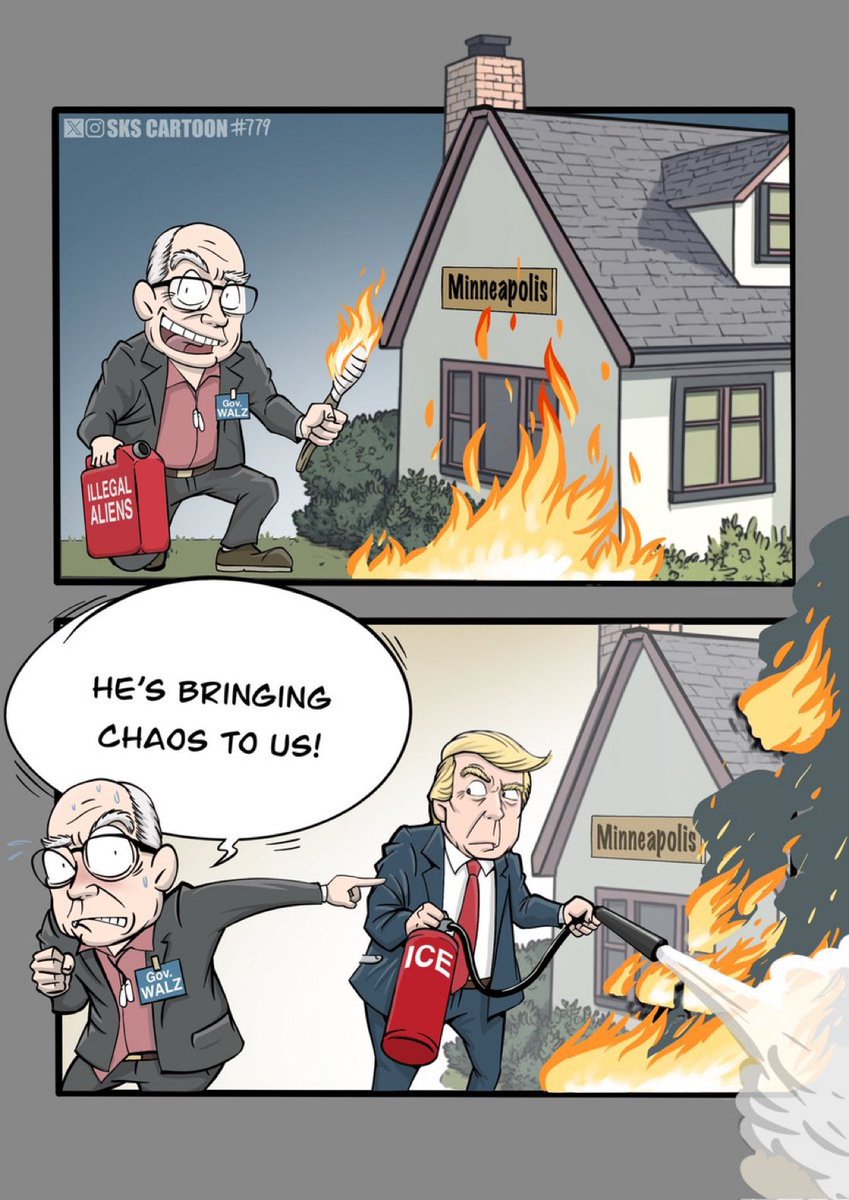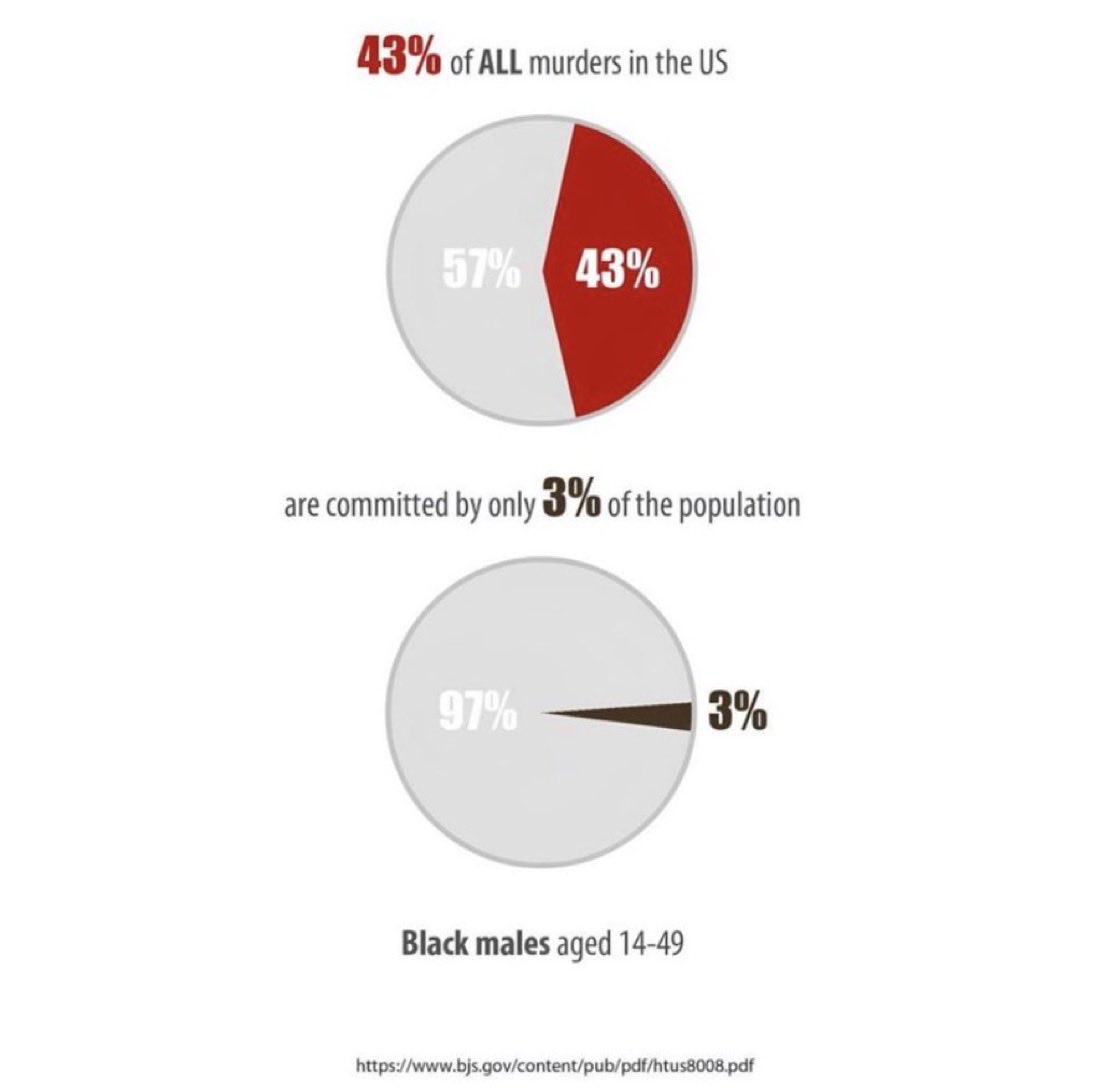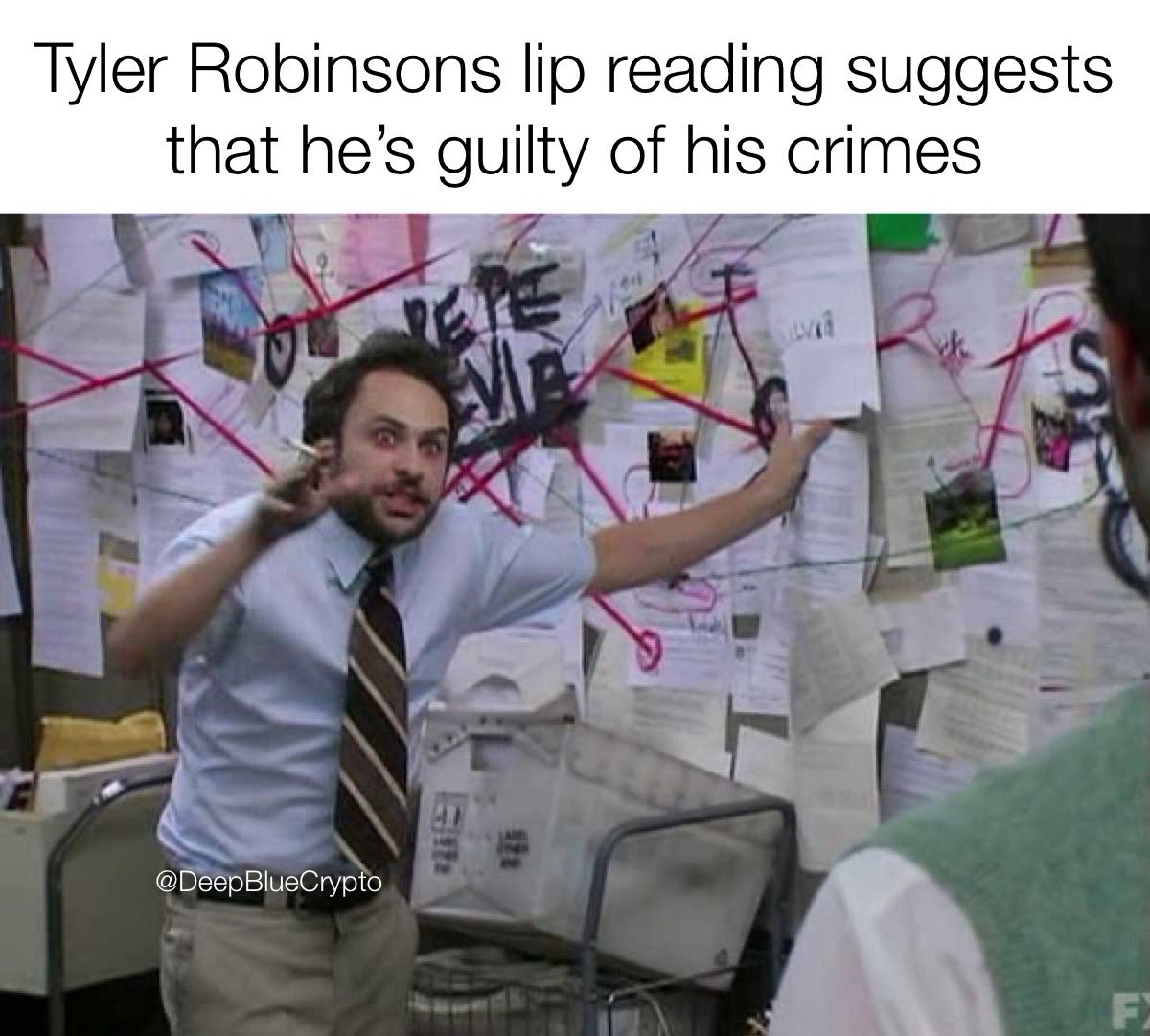Russian disinformation is a lie
Russia election meddling is a lie
Russian collusion with right is a lie
It was always the FBI colluding with the Democratic establishment and the media to spread #disinformation
#FBICorruption
#MediaCollusion
#DemocratsAreCorrupt
Russia election meddling is a lie
Russian collusion with right is a lie
It was always the FBI colluding with the Democratic establishment and the media to spread #disinformation
#FBICorruption
#MediaCollusion
#DemocratsAreCorrupt
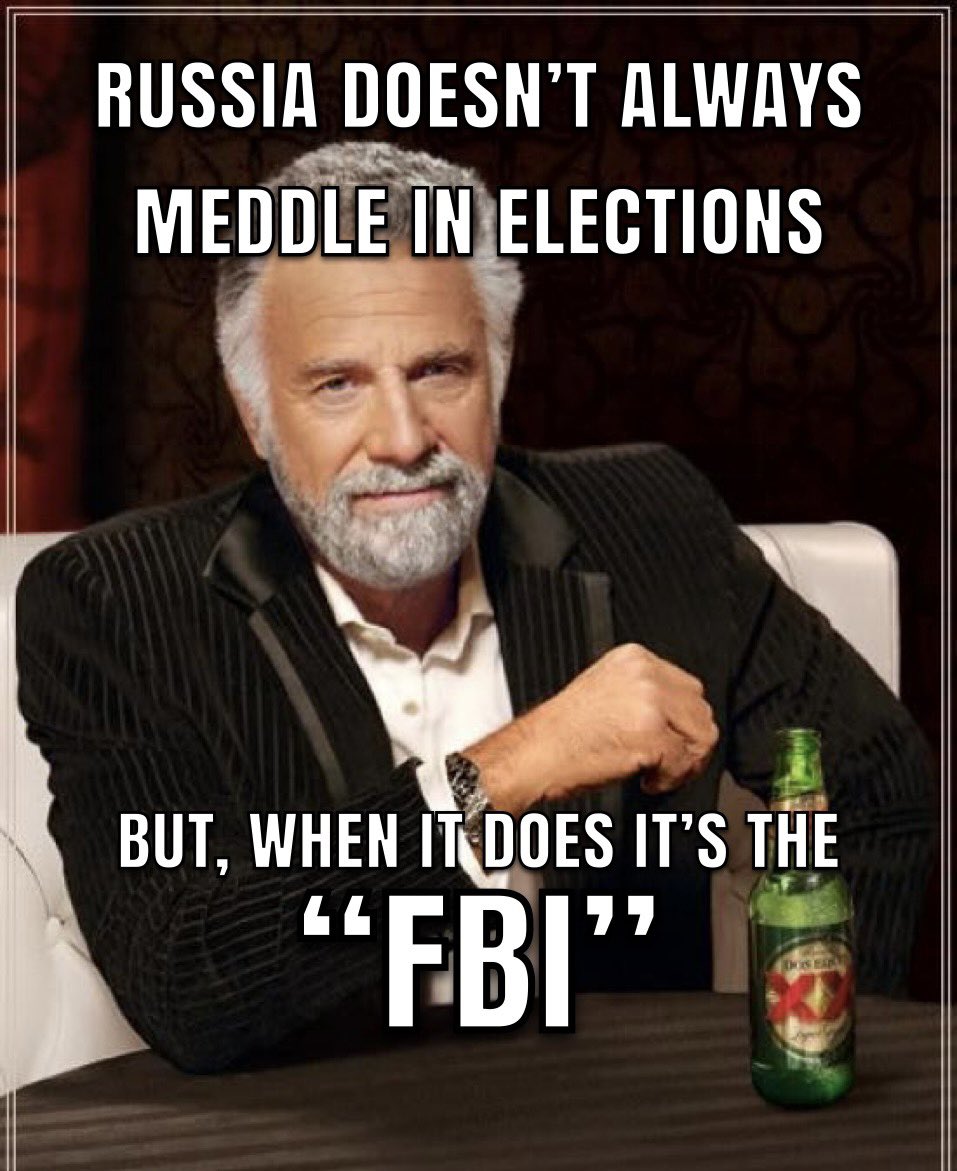
Here’s a prev thread 🧵 on FBI & CIA
https://twitter.com/DeepBlueCrypto/status/1593717848144318464
#DeepState is real. Left has control.
The political left (Democrats) have good control over Hollywood, the Media, Big Tech, Big Pharma, Education, the FBI, CIA, DOJ, IRS, CDC, FDA, NSA, DHS, and the WEF.
They’re all colluding together to create an all powerful entity.
The political left (Democrats) have good control over Hollywood, the Media, Big Tech, Big Pharma, Education, the FBI, CIA, DOJ, IRS, CDC, FDA, NSA, DHS, and the WEF.
They’re all colluding together to create an all powerful entity.

Did you know that spyware is being used by your government to suck your data in from your mobile phones in the name of homeland security
Human rights activists, dissidents and journalists alike aren’t immune to this
#SpywareEverywhere

Human rights activists, dissidents and journalists alike aren’t immune to this
#SpywareEverywhere


VICTOR BOUT DOESN’T USUALLY TRANSPORT WEAPONS WORTH MULTIMILLIONS OF DOLLARS, BUT WHEN HE DOES IT’S USUALLY FOR THE US GOVERNMENT
#MerchantOfDeath
#MerchantOfDeath
https://twitter.com/JackPosobiec/status/1601260707177459714
For your own safety on Twitter we’re putting you into one of these buckets
- Trends Blacklist
- Search Blacklist
- Do Not Amplify Blacklist
- Throttle Search Blacklist
- Visibility Filter Blacklist
#TwitterFiles #FreedomOfSpeech
- Trends Blacklist
- Search Blacklist
- Do Not Amplify Blacklist
- Throttle Search Blacklist
- Visibility Filter Blacklist
#TwitterFiles #FreedomOfSpeech

If anyone threatens them or questions them in mainstream media… essentially the democrats tactic is to suppress #FreedomOfSpeech like this
- as per their Intel agents briefs
- they’re Russian agents getting paid by Russia to undermine US interests
- as per their Intel agents briefs
- they’re Russian agents getting paid by Russia to undermine US interests
If you don’t agree with us… you’re a terrorist, you’re a #misinformation spreader, you’re a national traitor, you’re a Russian spy agent, you’re a threat to our peaceful democracy. 

Massive fire reported at NYPD's evidence control and impound warehouse in Brooklyn, NYC… what are they trying to destroy
⁃#TrumpInvestigation evidence
⁃#ElectionInterference evidence
⁃#WarOnDrugs evidence
⁃#FTXScam evidence
⁃#TrumpInvestigation evidence
⁃#ElectionInterference evidence
⁃#WarOnDrugs evidence
⁃#FTXScam evidence
That’s literally the end of…
#DeepState corruption, #WarMongering collusion, #BigPharma collusion,
#MilitaryIndustrialComplex
and 22% (20 million) of all jobs in USA
BTW - you forgot key ones like FDA, CDC, SEC, INS, NSA, DOD, DEA, DOE, NIH, DIA, DOT, NRO… @jakeshieldsajj
#DeepState corruption, #WarMongering collusion, #BigPharma collusion,
#MilitaryIndustrialComplex
and 22% (20 million) of all jobs in USA
BTW - you forgot key ones like FDA, CDC, SEC, INS, NSA, DOD, DEA, DOE, NIH, DIA, DOT, NRO… @jakeshieldsajj
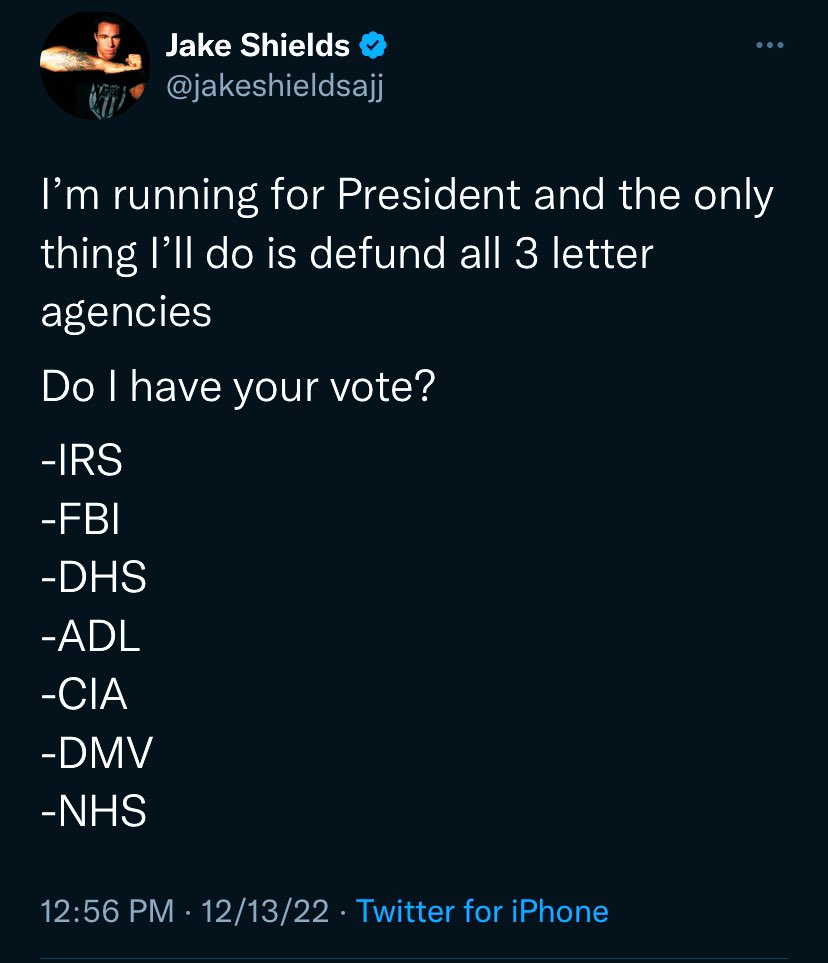
Question: Was the CIA involved with the assassination of President JFK?
Answer: Yes the CIA was involved in the assassination of JFK. What we know about this Country is all a lie…
#DeepState is alive and thriving 🤷♂️
Answer: Yes the CIA was involved in the assassination of JFK. What we know about this Country is all a lie…
#DeepState is alive and thriving 🤷♂️
JFK before his assassination, on trying to stop the secret societies
THE PENTAGON FAILED AUDIT 5 TIMES, THEY HAVE GAPING HOLES
The Pentagon avoided federally mandated audits for 25 years, but that didn't stop the truth from coming out that there had been over $21 TRILLION of unaccounted-for financial adjustments over 17 years.
The Pentagon avoided federally mandated audits for 25 years, but that didn't stop the truth from coming out that there had been over $21 TRILLION of unaccounted-for financial adjustments over 17 years.
https://twitter.com/leecamp/status/1603384613807742978
TWITTER ACTED AS THE SUBSIDIARY OF THE FBI. @mtaibbi SHOWS THIS WITH UNEQUIVOCAL EVIDENCE. 
https://twitter.com/mtaibbi/status/1603857534737072128

There are currently 15+ ex-FBI/CIA agents working at Twitter RIGHT NOW at executive positions
Meta (Facebook) has over 60+ ex-FBI/CIA agents
Media platforms have become nothing but enforcement arms for FBI, CIA, NSA, DHS, CDC, FDA, DOD, DOE etc.
Meta (Facebook) has over 60+ ex-FBI/CIA agents
Media platforms have become nothing but enforcement arms for FBI, CIA, NSA, DHS, CDC, FDA, DOD, DOE etc.

The CIA murdered JFK and like @RobertKennedyJr says, this is the most courageous newscast in 60 years from which US machine was run by #DeepState behind the scenes. They don’t care who the president & VP are, they further their own interests
https://twitter.com/robertkennedyjr/status/1603922928432812033
FBI is corrupt to the core, misusing taxpayers dollars to suppress speech for the same taxpayers while leaving glaring cases unsolved like Epstein clients, child trafficking, Biden’s laptop, Larry Nassar etc.
@bennyjohnson is right. END THE FBI
@bennyjohnson is right. END THE FBI

• • •
Missing some Tweet in this thread? You can try to
force a refresh












